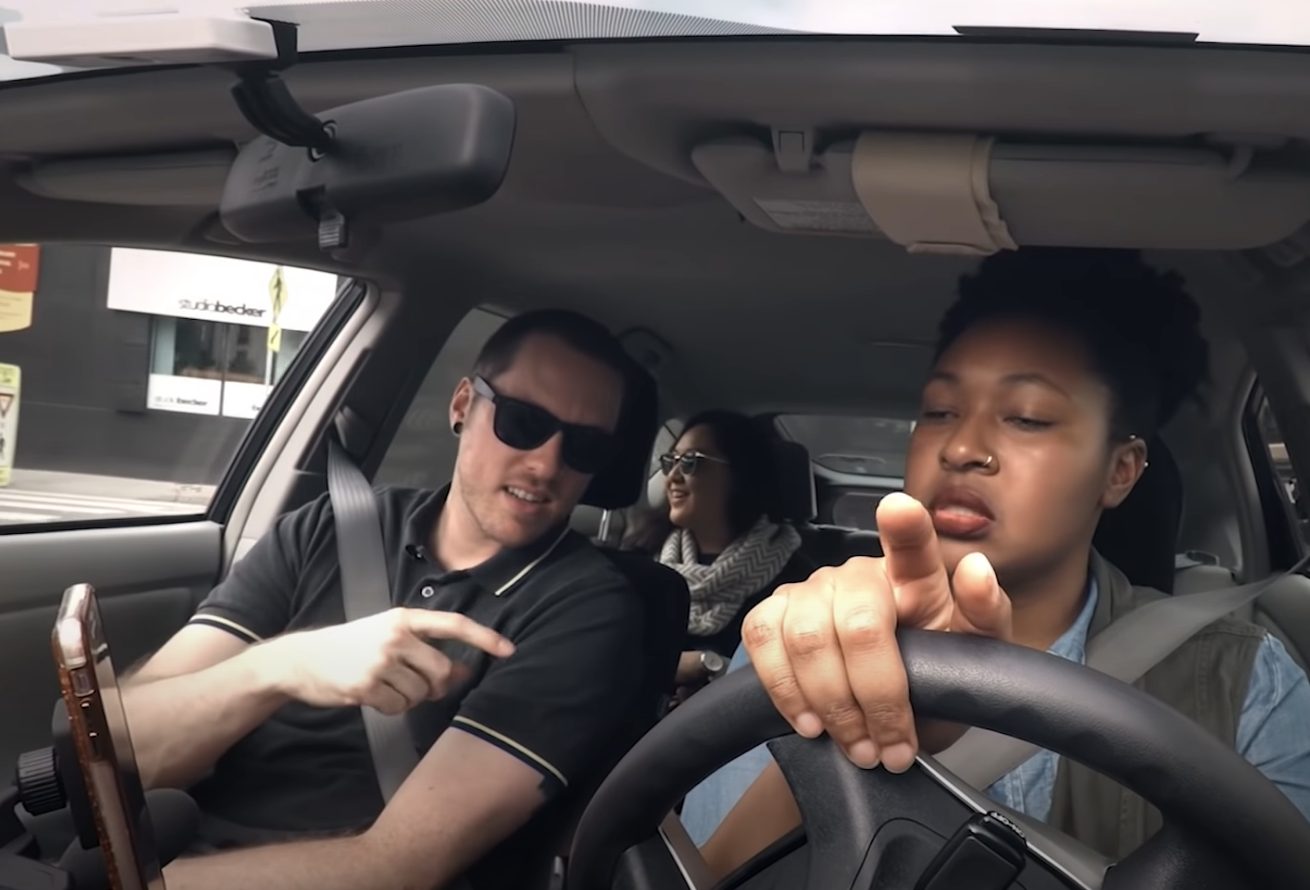“What we’re expecting is that other states might have otherwise been teed up to try to replicate AB5,” says Lyft’s Chief Policy Officer Anthony Foxx. “What we want to do is engage in discussions with leaders of states who maybe had considered that and to try to talk about a different model, a different way to pursue what we all want. We want to make sure that the drivers are well taken care of, not only when they’re driving but before and after. Also, we want to make sure there’s clarity and certainty in this industry so that it’s not living under a cloud.”
California Assembly Bill 5 (AB5), was overturned by the people in regards to ridesharing with the passage of Proposition 22 Tuesday. AB5 was passed by the Democrat-controlled state legislature and signed by California Governor Gavin Newsom in September 2019 as a favor to both the taxi industry and unions who heavily finance Democrat campaigns. AB5 required companies that hire independent contractors to reclassify them as employees. The bill would have made it financially impossible according to Uber and Lyft for them to operate in California. Unfortunately, Proposition 22 did not change AB5’s ban on independent contractors in other industries.
“This was massive in terms of almost an existential business risk to these models in terms of the gig economy,” says Dan Ives of Wedbush Securities. “It could have been a $500 million incremental expense to Uber a $150 million for Lyft. In my opinion, they’re really popping the champagne today because this was really a best-case outcome. It was a dark cloud over the gig economy in these stocks and I think worth potentially 15 to 20 percent to ultimately where I see the valuations.”
“What was really the crux of the issue is the worry of the street that this was going to be a pandora’s box situation, a ripple effect across cities and states,” added Ives. “The fact that the voters in California approved this was really a seminal moment. From the beginning, really the last year and a half, it’s been a head-scratcher in terms of what this could have done not just to the gig economy. Of the hundreds of drivers that we’ve talked to, 95 percent of them were against the AB5. This is definitely a sigh of relief early this morning for investors as well as for the drivers themselves.”




 WebProNews is an iEntry Publication
WebProNews is an iEntry Publication